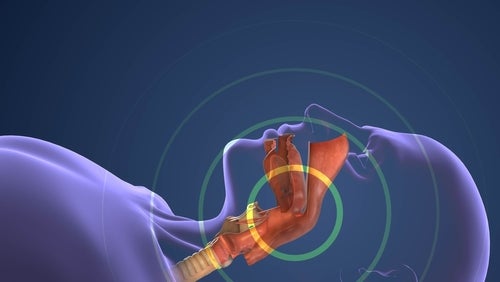
Editor's Note Patients’ social conditions, language, and sleep patterns may play a larger role in surgical recovery than previously recognized, according to three studies presented at the ANESTHESIOLOGY® 2025 annual meeting that took place on October 10–14. Researchers from the University of California, San Diego, found patients facing food insecurity…

Editor's Note Older surgical patients with preoperative cognitive impairment face significantly higher odds of developing postoperative delirium (POD), and POD itself is tied to markedly worse surgical outcomes, according to two major studies published July 2025. Together, the findings point to delirium as both a high-impact and potentially modifiable target…

An estimated 22 million Americans were believed to have obstructive sleep apnea (OSA) in 2019, according to data cited in a February 2019 article published by OR Manager. At that time, up to 80% of cases were undiagnosed, and 30% to 40% of the surgical patient population was believed to…

Takeaways • US surgeons have no mandated retirement age. According to the Aging Surgeon Program, “a patient death or serious negative event are currently the only things that prompt action to prevent a surgeon from practicing.” • Research on aging-related decline is clear, but nuanced, showing rates and scope vary…

Editor's Note Prolonged exposure to general anesthesia during surgery contributes to long-term cognitive decline, affecting executive functioning, selective attention, mental speed, and information processing, according to a February 18 study published in the European Journal of Anaesthesiology. This prospective longitudinal cohort study followed 1,823 adults aged 25–84 in the Netherlands…

Editor's Note Multiple surgeries can spur gradual cognitive decline in older adults, according to recent research from the University of Sydney. Published in The Lancet Healthy Longevity and detailed in a September 27 university announcement, the study followed nearly half a million adults aged 40 to 69 over 20 years…

Editor's Note Higher doses of anesthesia did not affect risk of postoperative delirium in a study of more than 1,000 heart surgery patients, according to a June 10 United Press International (UPI) article on study findings published in JAMA. The research included 1,140 heart surgery patients, half of whom had…

Editor's Note The term "perioperative neurocognitive disorder" has been adopted to describe cognitive impairments identified during the perioperative period, the American College of Surgeons (ACS) May 8 reports. Postoperative delirium, in particular, is an acute complication manifesting as confusion and fluctuating levels of consciousness and attention. The incidence of this…

Editor's Note Researchers at Imperial College London are using noninvasive brain monitoring to understand the stressors contributing to cognitive overload in surgeons as well as how to combat the condition. The Guardian reported the news on March 2. The monitoring technique, called functional near-infrared spectroscopy (fNIRS), measures neural activity in…

Editor's Note A study published by JAMA Network on February 14 reveals cognitive symptoms to be common among individuals suffering from post-COVID-19 condition, also known as long COVID. Conducted by Abhishek Jaywant, PhD, and colleagues from Weill Cornell Medicine in New York City, the research focused on the prevalence of…